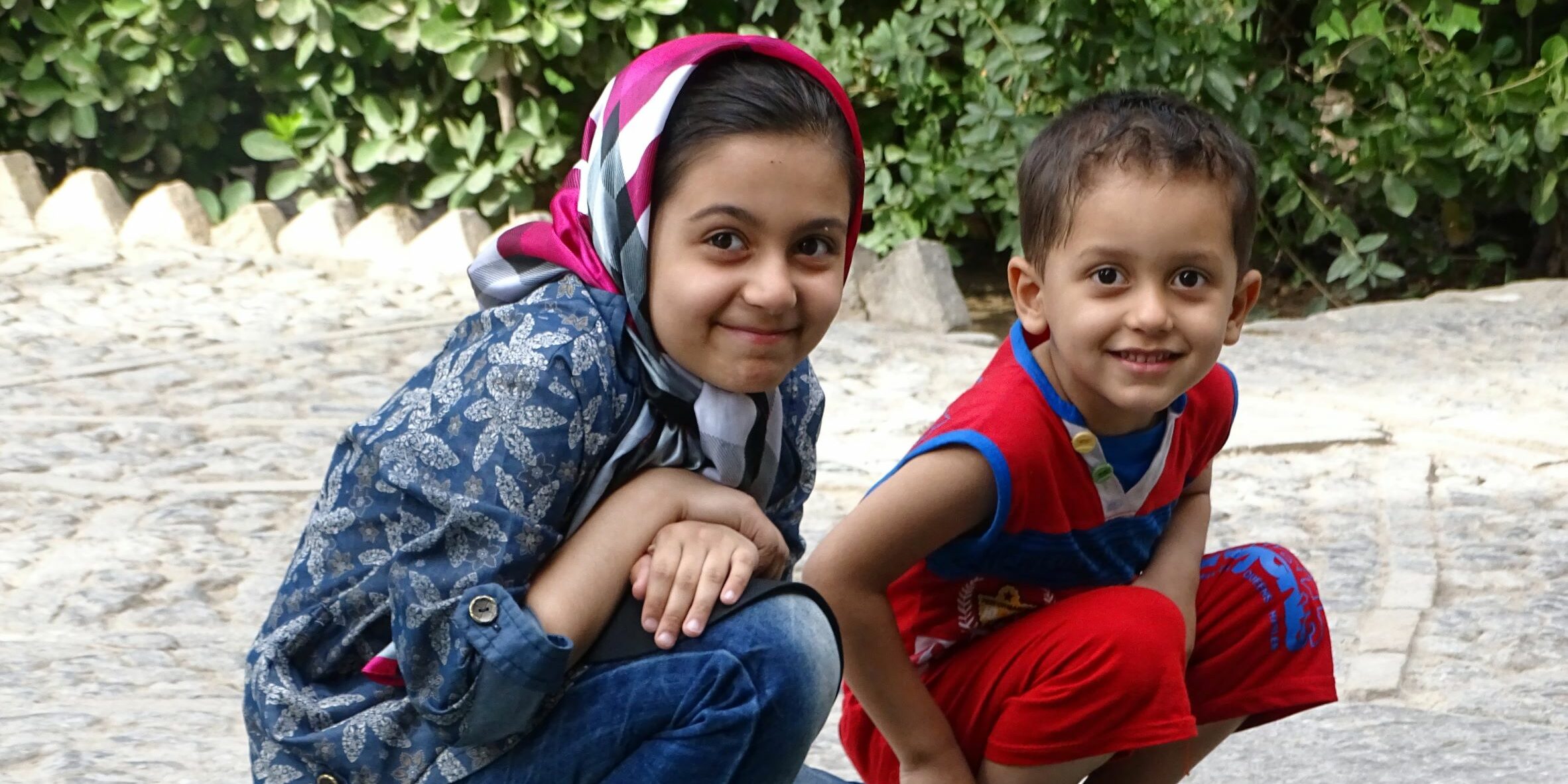Persecution has been a tragic reality for Christian communities throughout history, leaving profound psychological scars that extend across generations. Persecution has an impact on Christians that extends beyond the immediate physical dangers, permeating the very fabric of their mental and emotional well-being. In the face of constant adversity, these communities frequently demonstrate remarkable resilience, but the psychological toll is undeniable. Understanding the impact is critical for both supporting those in need and recognizing the enduring strength of their faith. This article delves into the psychological consequences of persecution on Christian communities, shedding light on the enduring effects of such oppression.
Trauma and Fear in Persecuted Communities
Persecution frequently exposes Christian communities to extreme violence, intimidation, and social isolation, resulting in deep trauma and widespread fear. When people are constantly threatened with harm or witness violence against their loved ones, the trauma can be severe. This trauma manifests itself in a variety of ways, including anxiety, depression, and post-traumatic stress disorder. Persecution causes deep-rooted terror that impacts whole communities in addition to individuals. A community’s feeling of security and stability may gradually be undermined by this dread, making it more difficult for residents to conduct regular lives. The psychological burden of living under constant threat has a profound impact on how these communities interact with their surroundings.
Identity and Faith in the Face of Adversity
Persecution threatens the very identity of Christian communities, forcing them to confront their beliefs and values in a hostile environment. People who experience ongoing pressure to deny or conceal their religious beliefs may have an identity crisis, as a result of which they find it difficult to balance their survival instincts with their religious beliefs. In spite of this, a lot of Christians discover that when they are persecuted, their faith is reinforced because their steadfast adherence to their convictions gives them tenacity. This intricate relationship between religion and identity produces a potent, if often unpleasant, dynamic. This struggle has a significant psychological impact on individuals as they balance maintaining their religious identity and protecting themselves from harm.
The Erosion of Community Bonds
Persecution harms not only individuals but also the social cohesion of Christian communities. As dread and suspicion seep into relationships, the ongoing danger of violence and prejudice may cause a collapse in solidarity and trust. People can have long-lasting psychological impacts as a result of this weakening of communal ties because they may feel more alone and cut off from their support systems. In some cases, persecution drives communities underground, exacerbating feelings of isolation and despair. The psychological impact of this social fragmentation is significant, as the loss of communal support exacerbates persecuted Christians’ trauma and fear.
The Impact on Future Generations
Persecution has a lasting psychological effect that extends beyond the individuals who are subjected to it. Even if they do not directly witness the violence, children raised in persecuted Christian communities often inherit the pain and dread of their elders. This transgenerational trauma can manifest in a variety of ways, including anxiety, depression, and a general sense of insecurity. Persecutory stories and experiences become embedded in the community’s collective memory, influencing future generations’ worldviews and mental health. Because of this, the psychological effects of persecution persist and have an impact on people’s mental and emotional health even after the immediate danger has subsided. This trauma’s lasting character emphasizes the need for focused assistance and intervention to assist in ending the cycle of psychological suffering.
Resilience and Faith in the Face of Persecution
Persecution has a profound psychological effect, but many Christian communities exhibit incredible fortitude and unshakeable faith. This tenacity is often derived from a strong sense of spiritual conviction and the encouragement of other believers. As a result of their common suffering, members of the community might become stronger in their sense of purpose and camaraderie, finding strength in one another and their trust in God. Persecution sometimes even helps people become more spiritually mature because it makes them depend more on scripture, prayer, and the promise of everlasting life. This resilience is evident in the numerous examples of Christian persecution today, where, despite facing severe adversity, believers continue to practice their faith and support one another. The human spirit and faith’s lasting strength are shown by the capacity to discover meaning and purpose in the face of suffering.
Conclusion
In conclusion, the psychological impact of persecution on Christian communities is profound and multifaceted. From the trauma and fear that permeate their daily lives to the deterioration of community bonds and the transgenerational effects of persecution, the mental and emotional toll is significant. However, the resilience demonstrated by these communities, aided by their faith, provides a powerful contrast to the devastation of persecution. By understanding these psychological dynamics, you can better support persecuted Christians and recognize the enduring strength that sustains them in the face of unimaginable challenges.



